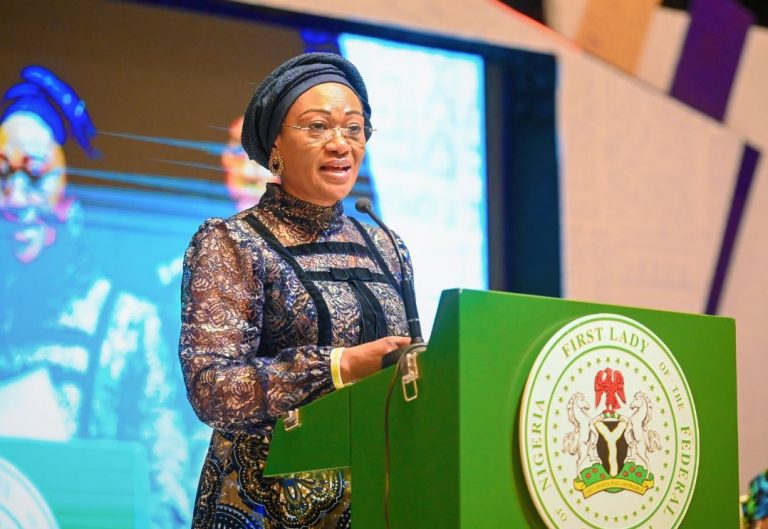Moniepoint, a financial technology firm (fintech), says 58.9 percent of women-owned businesses in Nigeria struggle to access funding.
Moniepoint, in a report focusing on funding for women-owned businesses in Nigeria, said 40.2 percent of women use their funds and savings to run or start their businesses.
The fintech said while 16.7 percent of women manage to get access to loans from their financial institutions, 83.3 percent are left to rely on family, friends, and personal funds to start or keep their businesses running.
“For many women-owned businesses, sources of funding are few. With a financing gap of 32%, women are either less likely to receive funding, or they receive smaller amounts when they do,” the report reads.
“Our data paints a similar picture, as 40.2% of women use their personal funds and savings to run or start their businesses.
“A closer look at the source of their “external funding”, shows that a greater number of them access this from family and friends, either as loans or cash gifts.
“Only 16.7% of these women are able to get access to the loans their businesses need via financial institutions.”
Moniepoint said although access to funding can positively impact a business’s lifespan, women-owned startups find it relatively harder to get funding compared to “older businesses”.
“Barring a few exceptions, such as family businesses or trust funds, it’s difficult to scale businesses with funds from personal savings or family and friends,” the report said.
“Formal investment sets businesses up for faster growth and expansion. Sadly, not having the right documentation and collateral makes it difficult for small businesses to scale.
“However, the funding gap between women and men-owned businesses persists regardless of size, education level, industry and financial status.”
The report also said businesses that have access to external funding (crowdfunding, government grants, loans from financial institutions, loans from cooperatives, borrowed from families and gifts from friends) are more likely to expand and have multiple stores than those who use personal funds.
Giving reasons for the funding gap, the fintech’s report highlighted issues such as unconscious bias, societal constraints and financial habits, and lack of awareness as major funding challenges women-owned businesses face.
Moniepoint said avoiding bias or discrimination is the first step to bridging the gap.
The report also said providing women with tools to accept payments digitally and quick access to credit facilities without overleveraging them would help in sustaining their businesses.





